▲ [360] 12/20/13
Some minor, probably not very shocking spoilers here.
+I love the idea of BioShock 1 and the place of Rapture, but the combat was really monotonous. Splicers respawn every few feet in a lot of areas and rather than being intimidating or scary, they're just a pest you have to swat out of your way as you try to explore. Infinite feels much more built from the ground up to be combat-focused, with bigger spaces for encounters and more choices and mobility for the player. Combat encounters also, you know, have a point where everyone is dead and you can basically explore to your heart's content without dealing with nagging respawns.
+As ever, Irrational's strength lies with imagery and style that draws you into the place. Columbia has a beautiful nightmare kind of feel that kind of jives with the style of Rapture in some ways while being distinct. The striking imagery is the prime thing that makes the ending strong, because conceptually it wasn't as revelatory as some of the rumblings had led me to believe; but boy they know how to sell it.
+The dialogue between Booker and Elizabeth and the fairly lengthy non-combat sequences in the game help the pacing, keeps it from becoming a unrelenting shooting slog the whole game. They probably could have used one more of those in the second half somewhere [I had my weary moments], but I still appreciate what they did. It feels like a good correction after my fatigue in BioShock 1.
-The race element of the game feels off to me. Fundamentally, that conflict is irrelevant to the main story of Booker and Elizabeth. The Vox just become another force for you to slaughter, interchangeable with the Founders. The race war could just as easily not be in the game, with a few tweaks. This isn't to say something like that SHOULDN'T be in the game, but it doesn't feel fully realized. It's window dressing that they use to give some sort of weight to the story early on and then basically discard when it becomes irrelevant to the plot later. But not before they have the Vox leader smear blood on her face like a savage caricature and you see every black person for the rest of the game be hostile toward you and probably killing the unarmed. There's no nuance to it because there doesn't need to be for the main story thread to work, which raises the question of it it should be in there in the first place.
-I guess this is nitpicking but I can't help it: vigors don't feel like a natural part of Columbia to me. In Rapture, objectivism permits the genesplicing and plasmid use that eventually destroys it. Plasmids are an inherent part of the history and philosophy of that place, fully woven in. Columbia doesn't seem to share the objectivist idea; it's basically a weird nationalist theocracy, with a huge military under the total command of Comstock. You never see a civilian carrying a gun or using vigors, even in those pretty long non-combat parts. [There's a shooting range game at the fairgrounds, but ehhh, pretty special circumstance.] There's slavery. It doesn't seem super big on the personal freedom at all costs idea. And yet there's these crates out in the open, in public areas, with vigors that give you the ability to hack gun turrets and turn them against the police or blow them up or any number of different things. The Shock Jocky vigor has the implication regular people may use it to power up devices, but it just gates you from like 1-2 story doors. No real feeling its essential to the Columbian way of life. The very first vigor is the hacking one, sitting unguarded at a public fairgrounds where there's plenty of foot traffic, and you drink it and use it to enter a restricted area. It's just bizarre. Shouldn't they at least be concerned about how easy it would be for a Vox spy to steal a crate of these and become a superpowered god? Not to mention that the military forces only have like 1/10 guys outfitted with a vigor, so even they aren't using them very well. I just think its clear that they sat down at the table and said "well we need a plasmid equivalent, this is a BioShock game" without integrating it all that well. I think they could have had Teched Up guns that were just as varied as vigors, electric alt fires or something, that would make more sense, in that they wouldn't be easy to get your hands on for a civilian [or Vox] but Booker could be grabbing them off bodies or from restricted areas all the time. Sorry about the length of that.
-Press X to comfort Elizabeth.
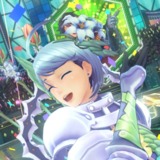
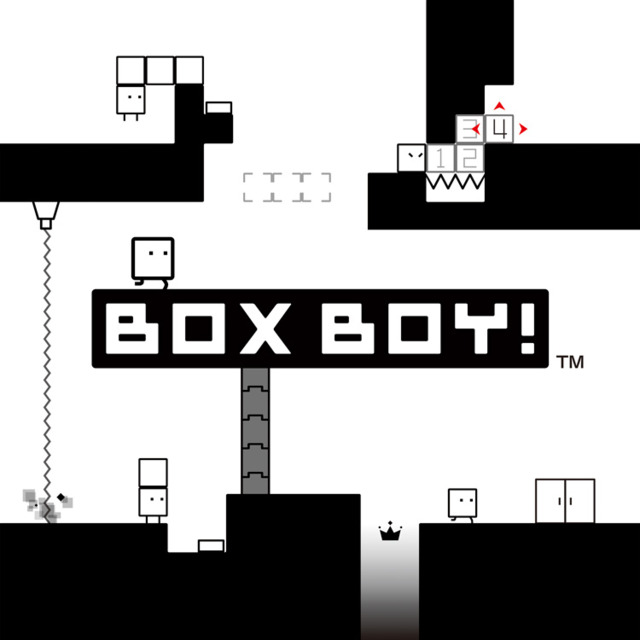
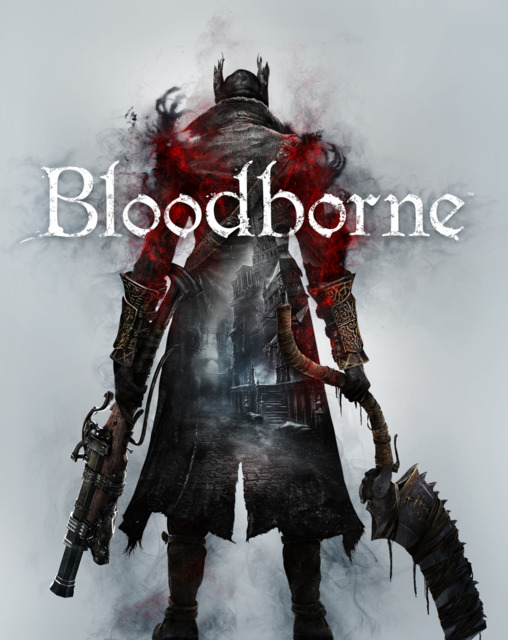
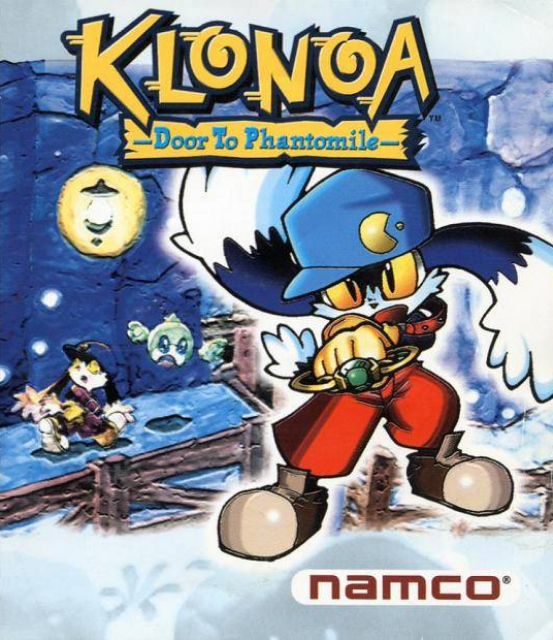
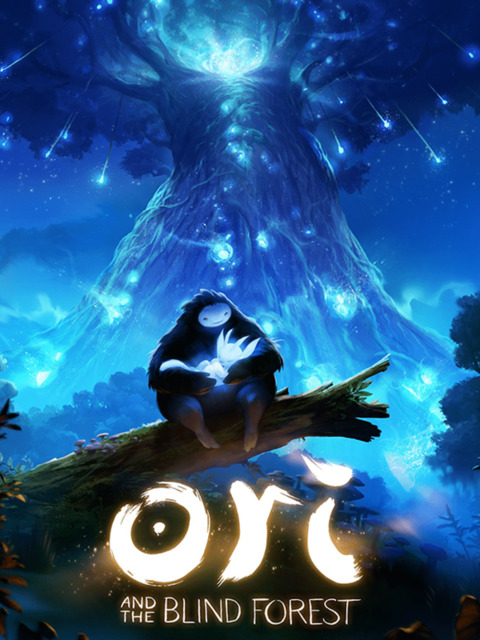
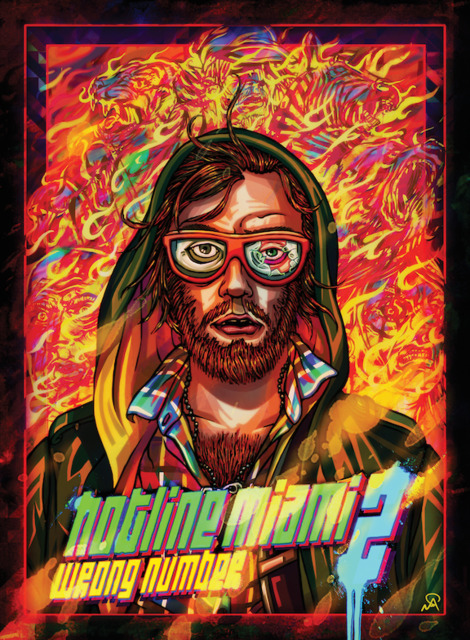
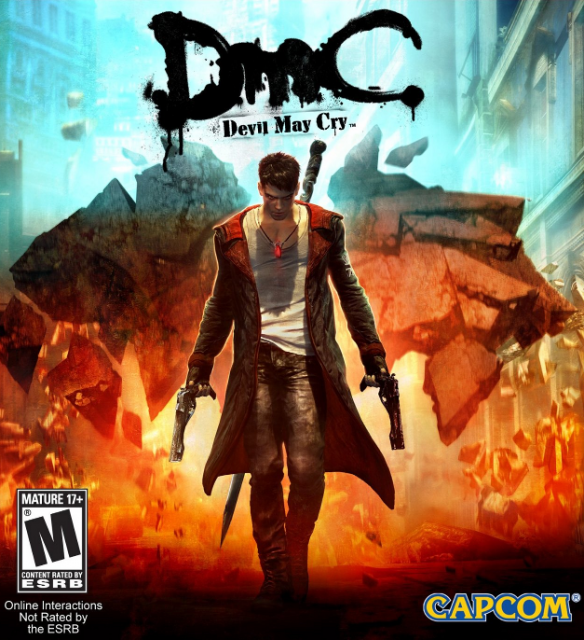
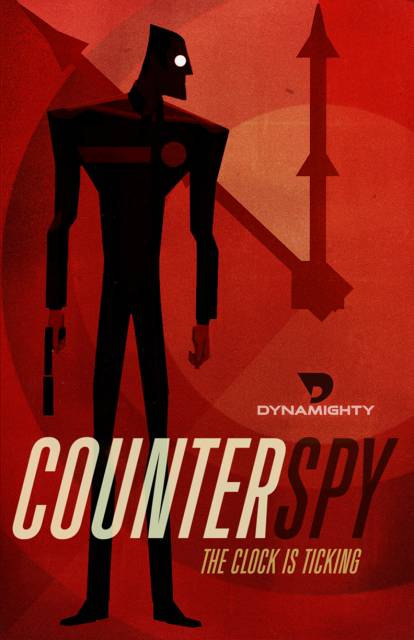
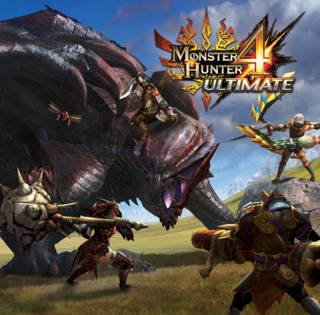
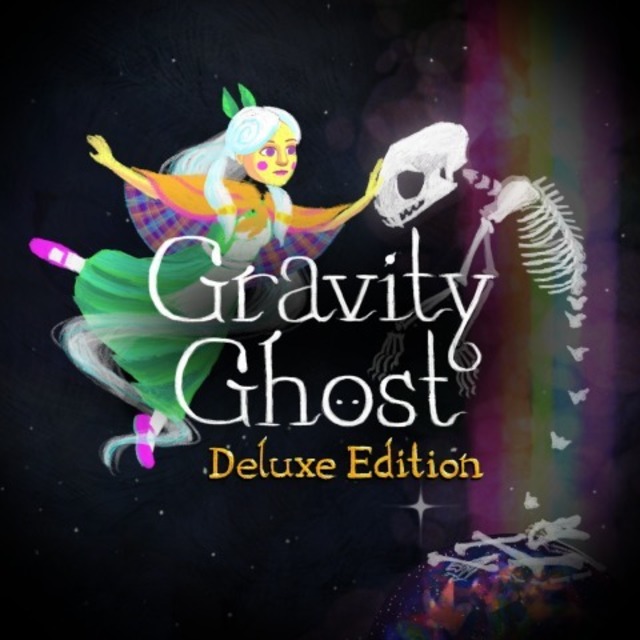
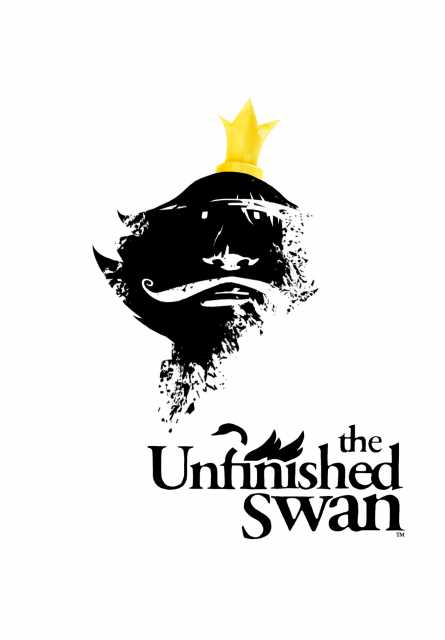
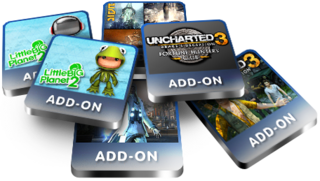
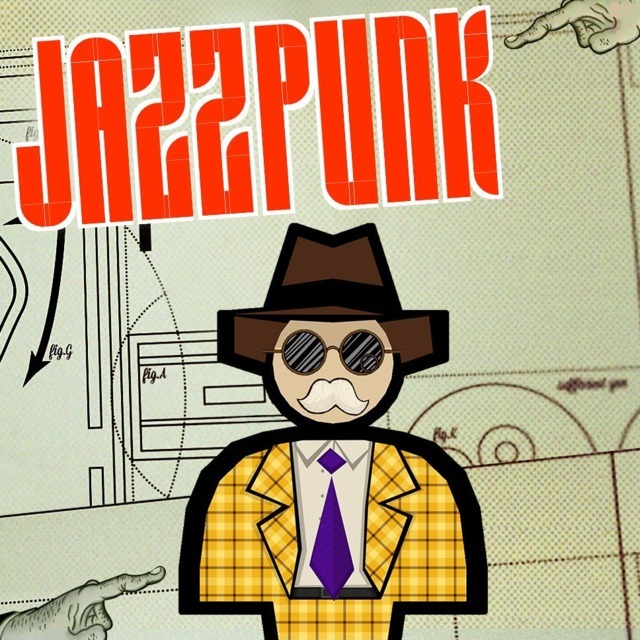
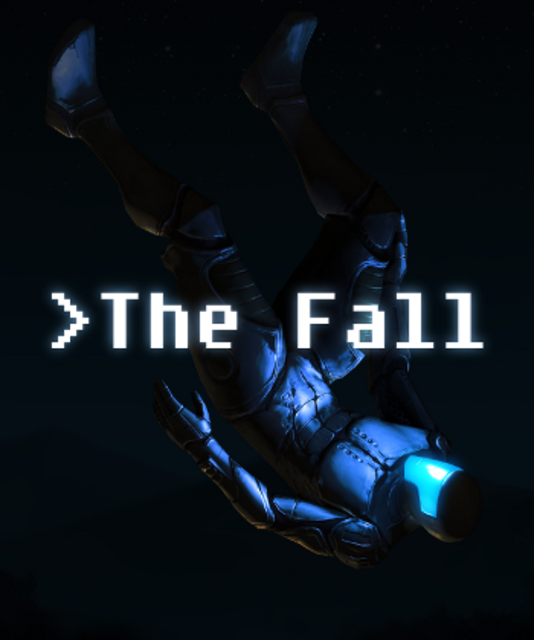
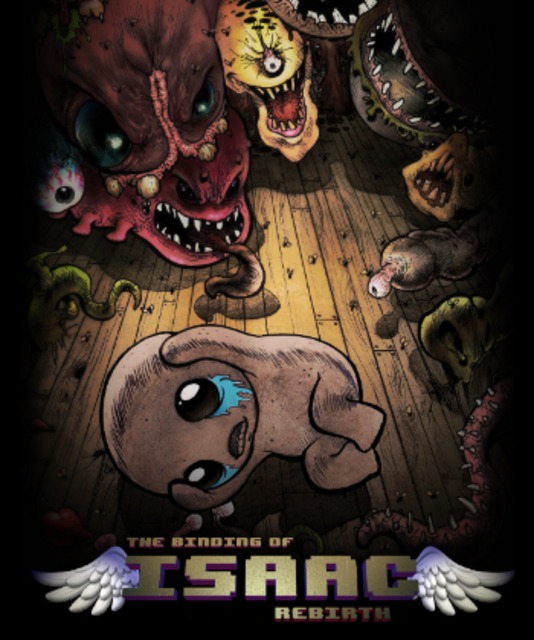
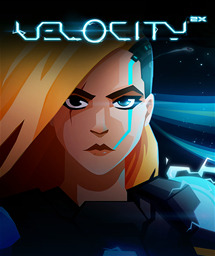
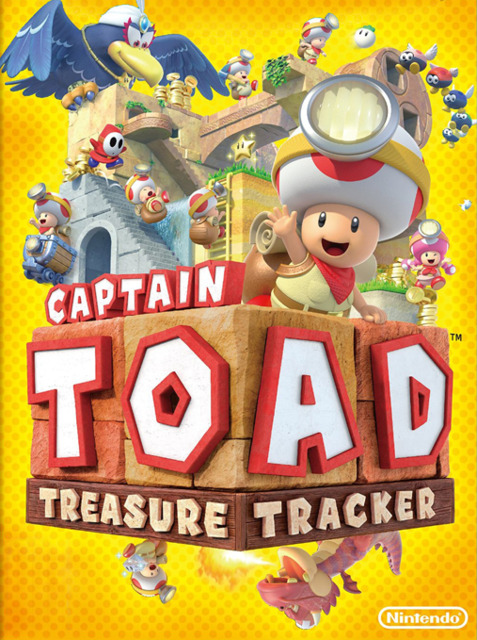
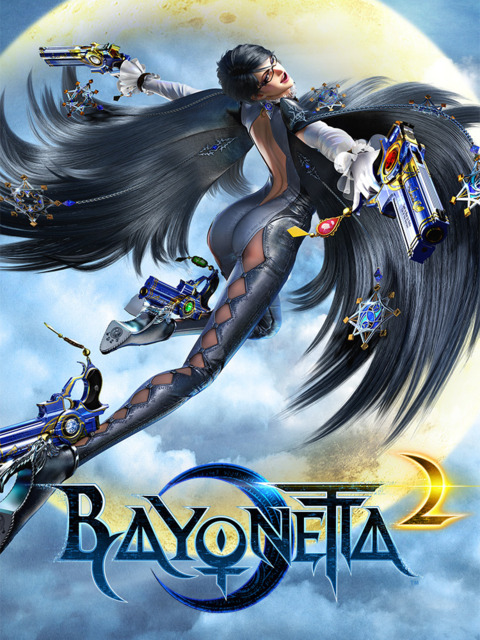
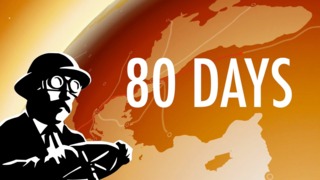
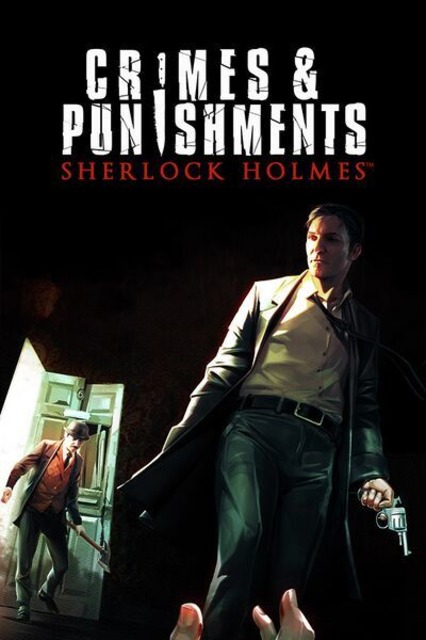
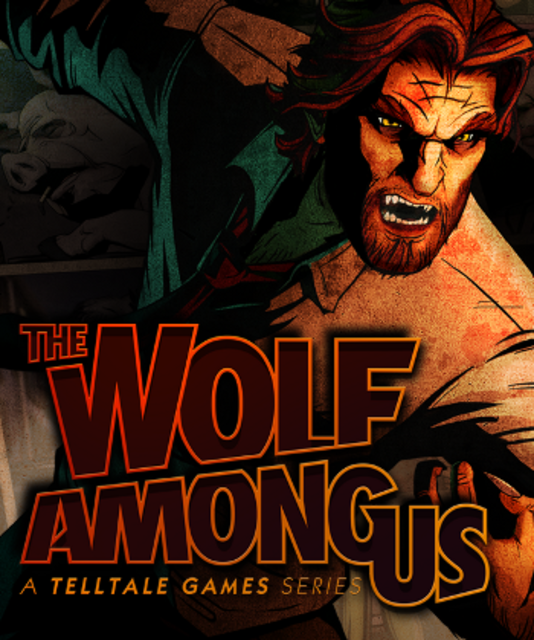
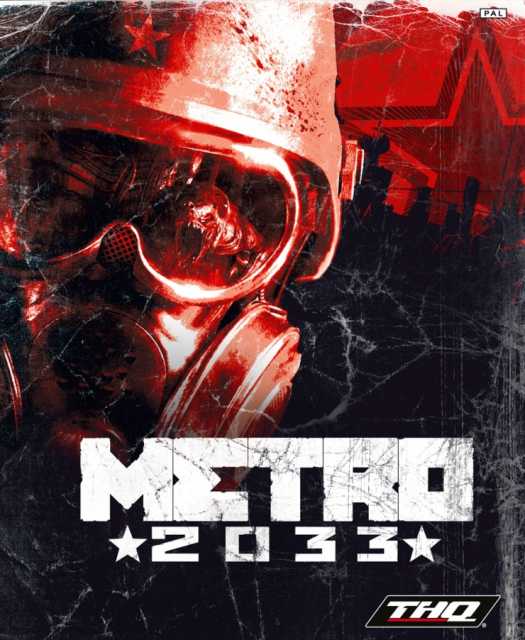
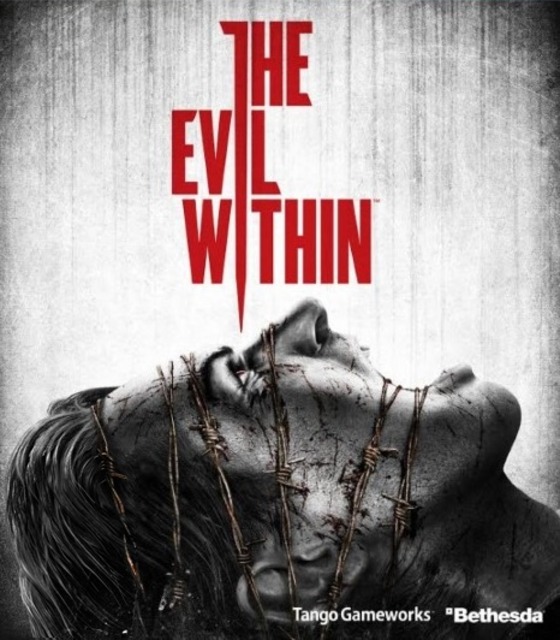
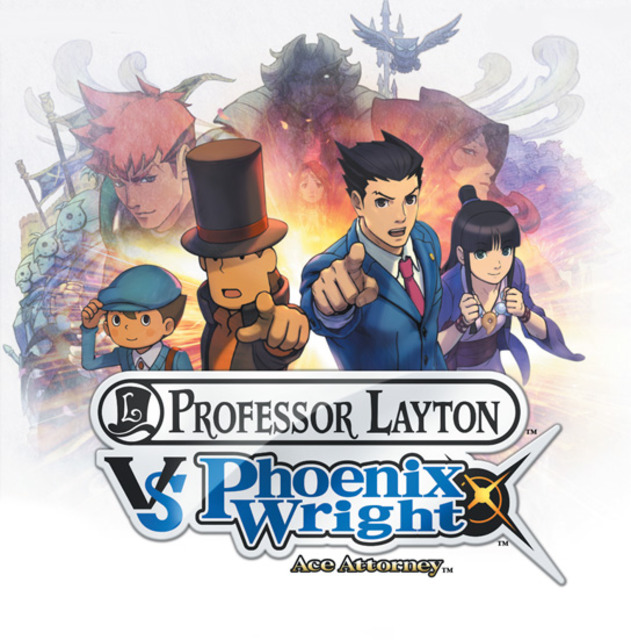
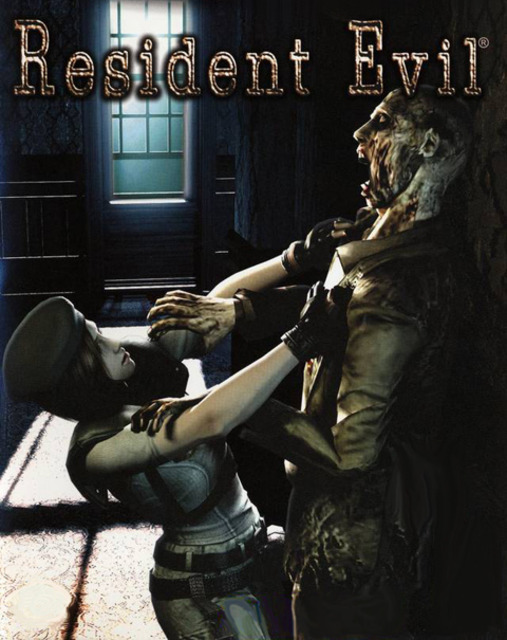
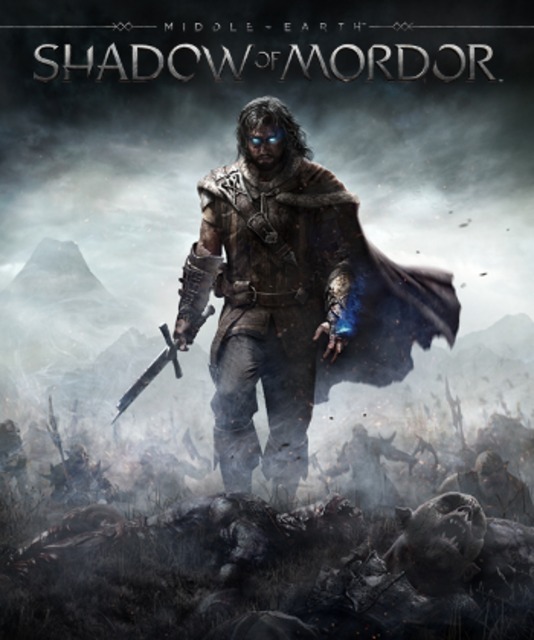
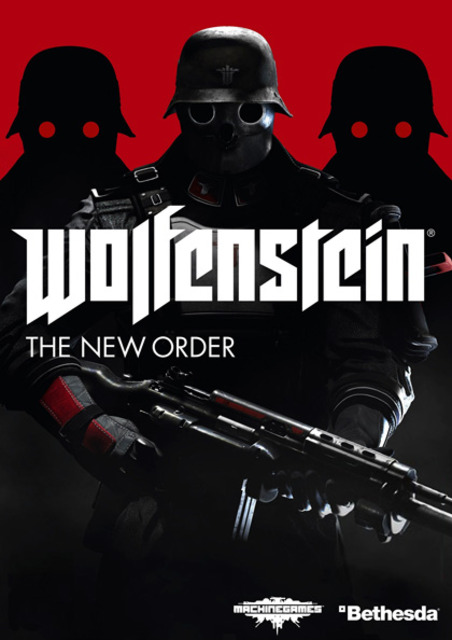
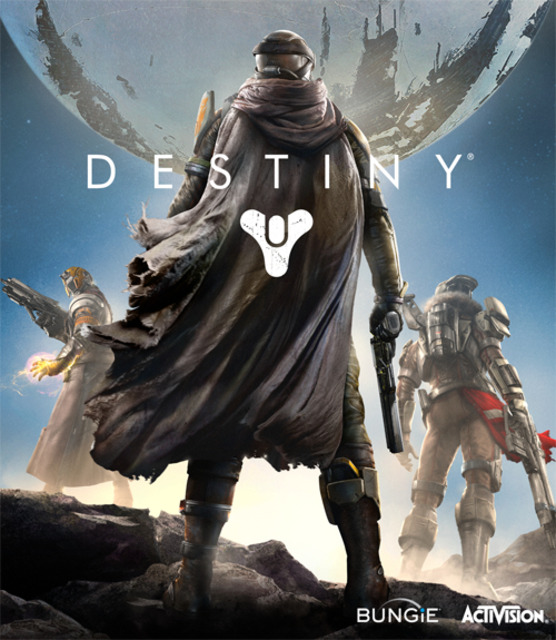
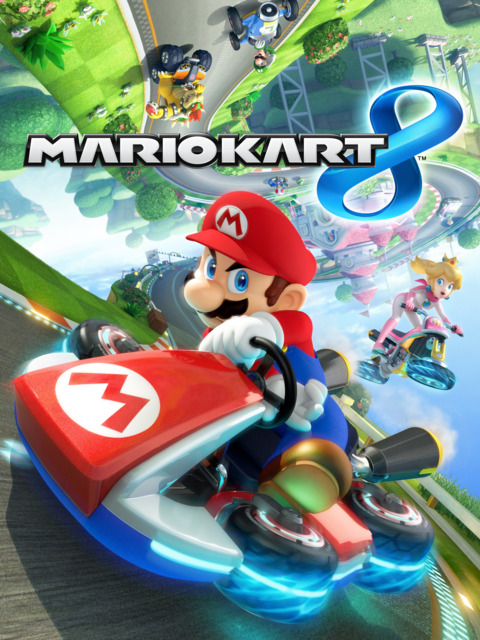
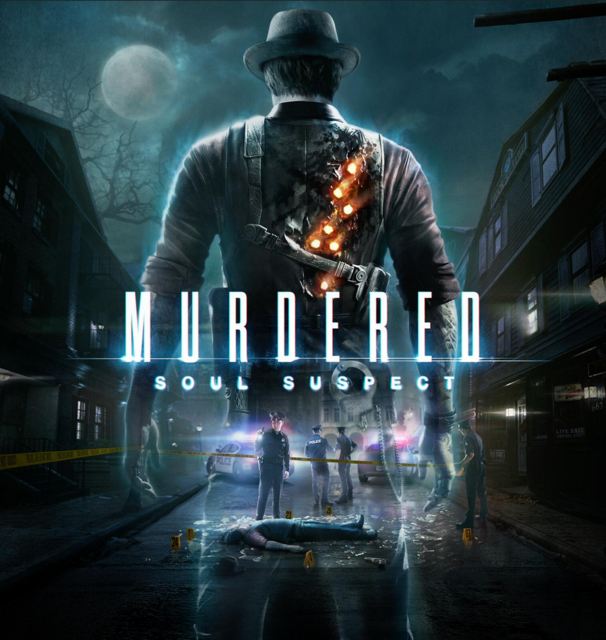
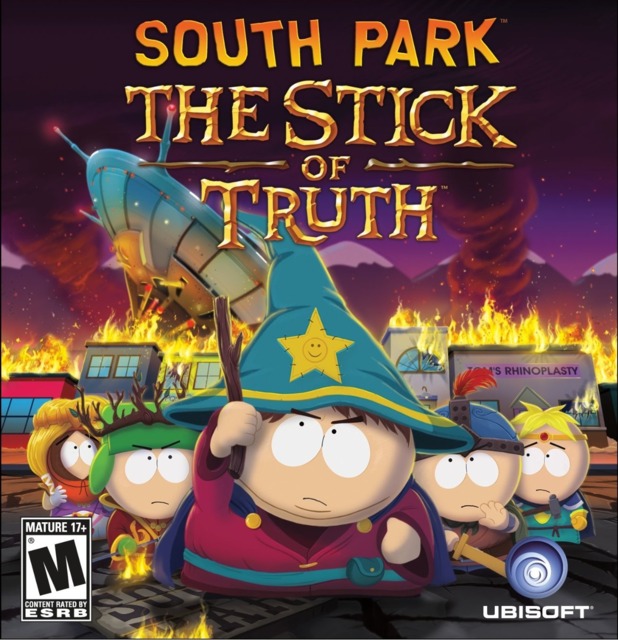
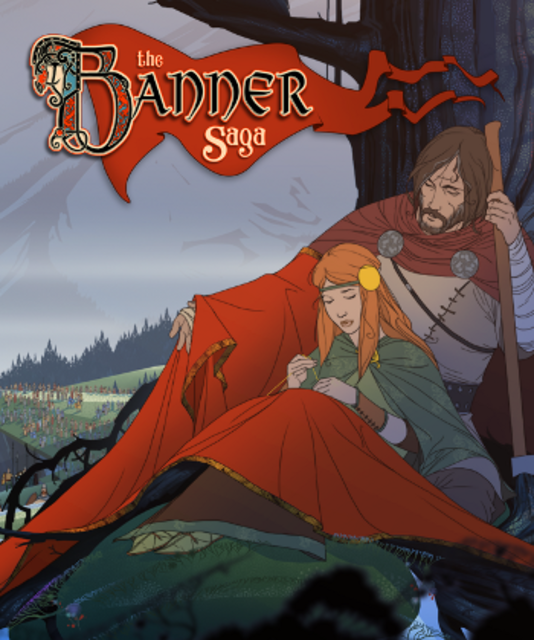
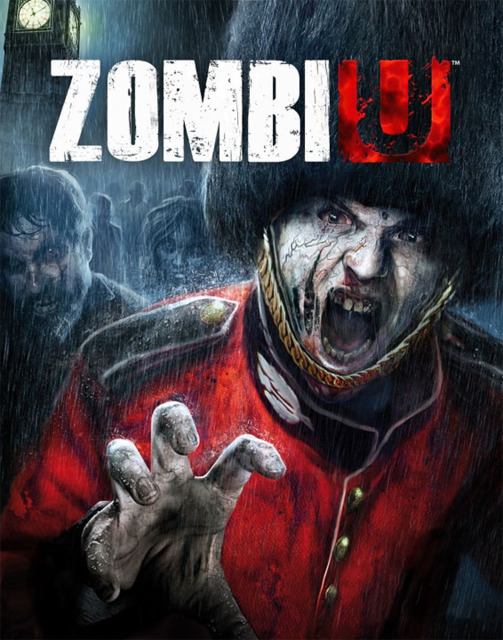
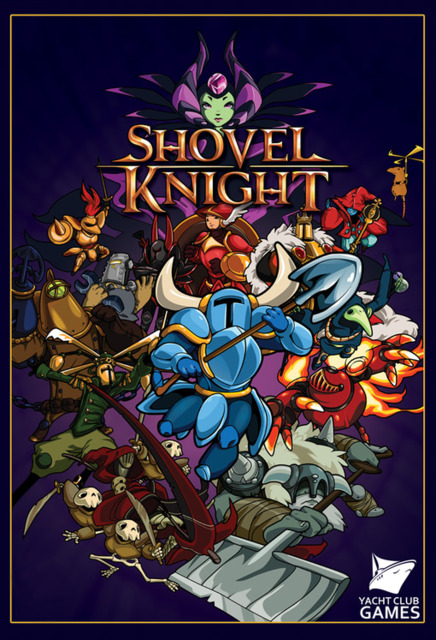
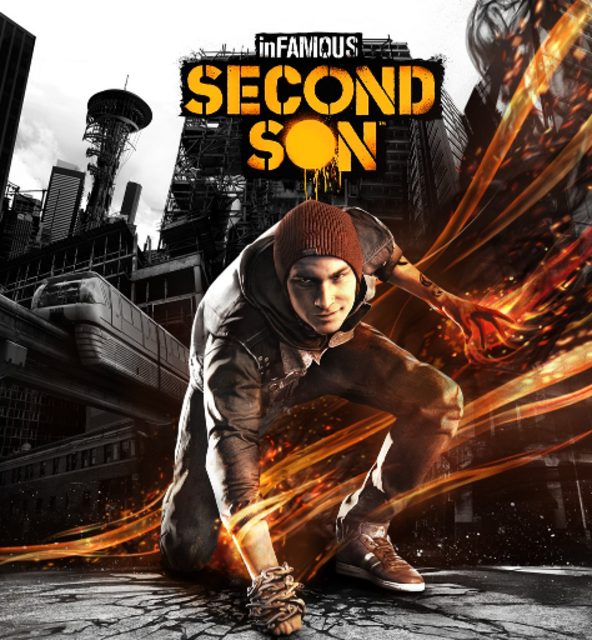
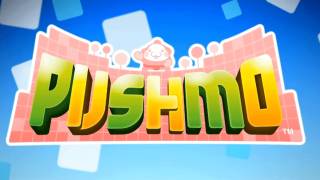
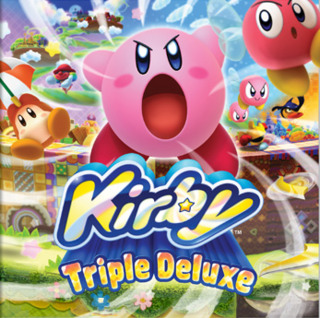
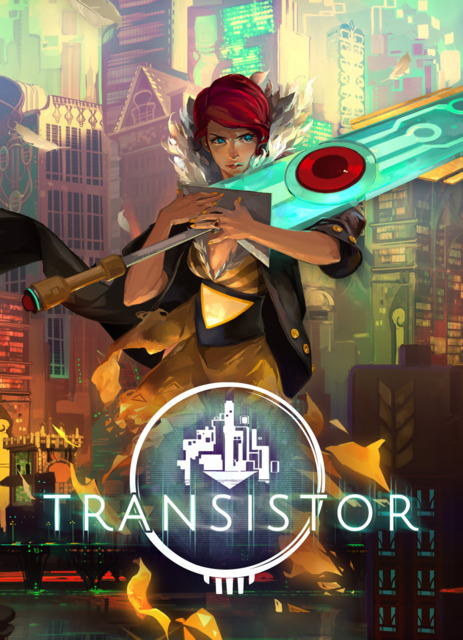
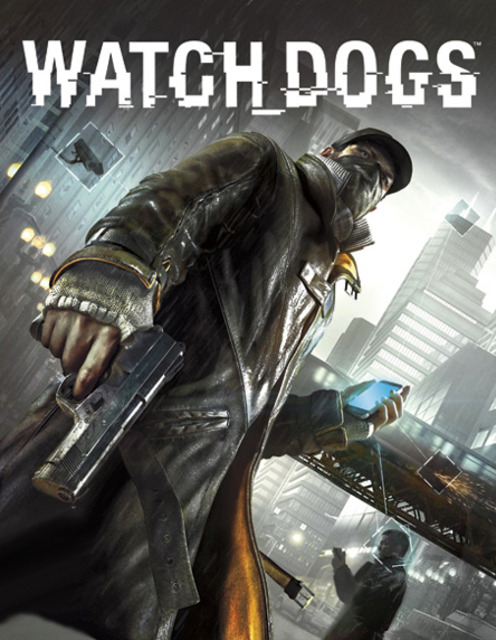
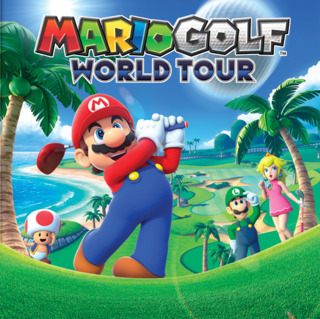
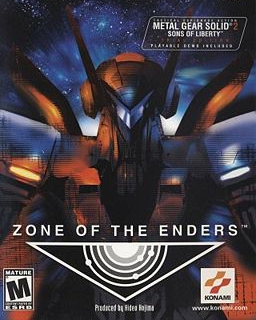
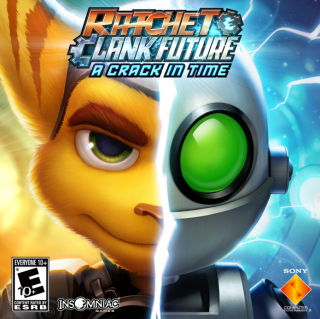
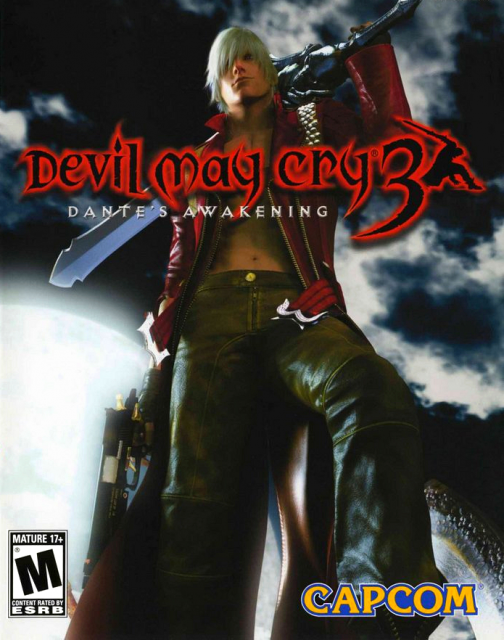
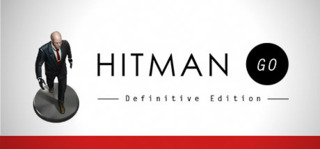
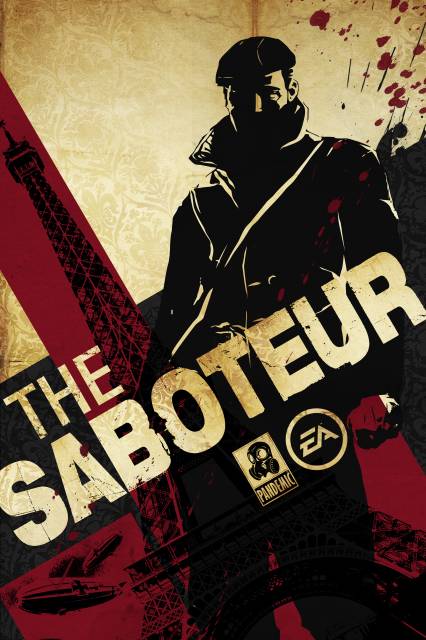
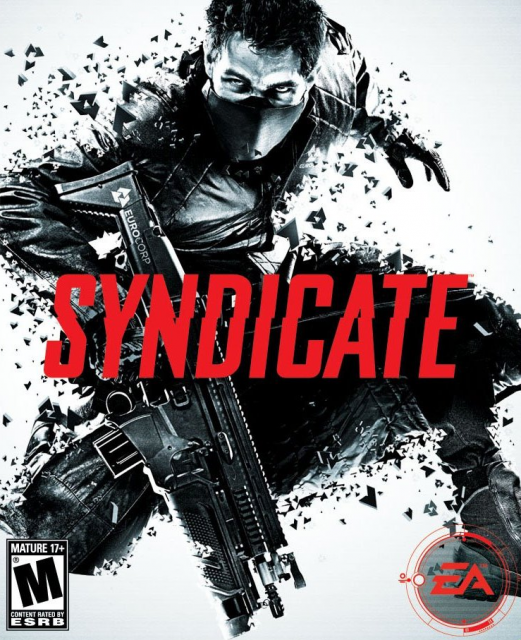
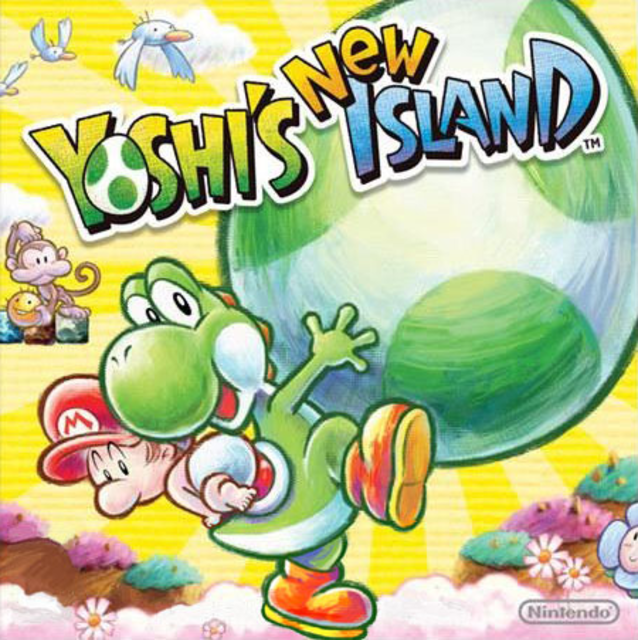
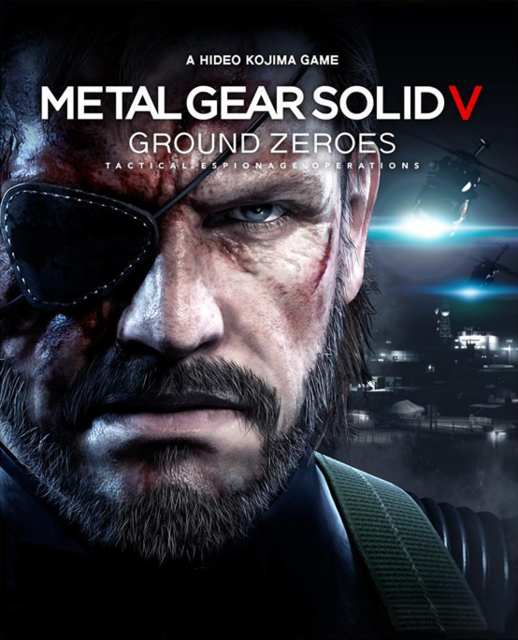

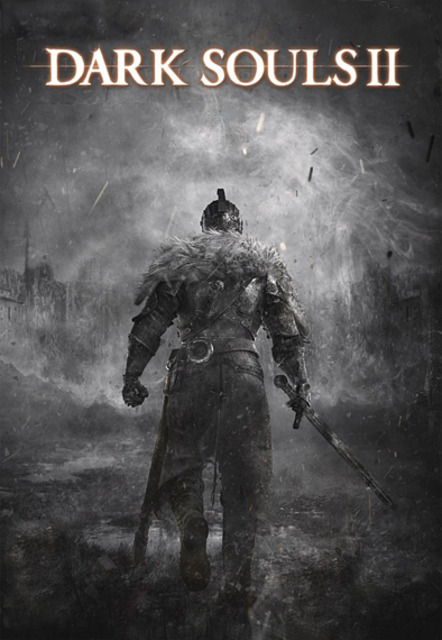
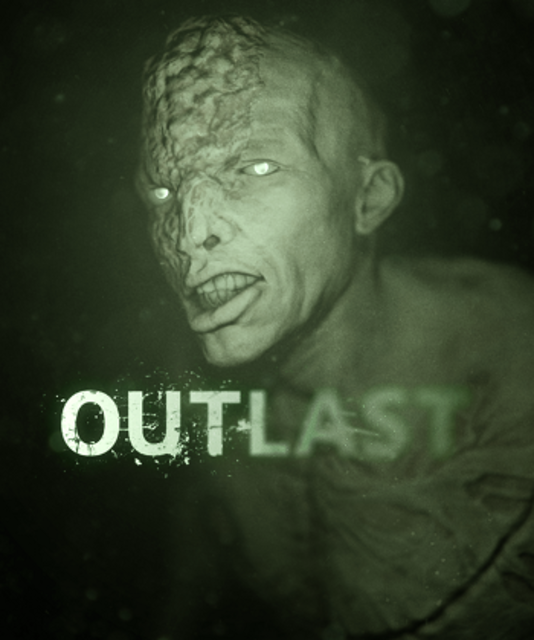
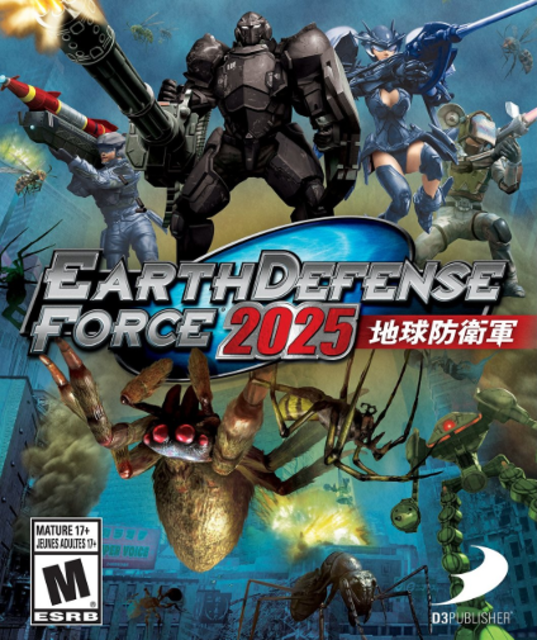
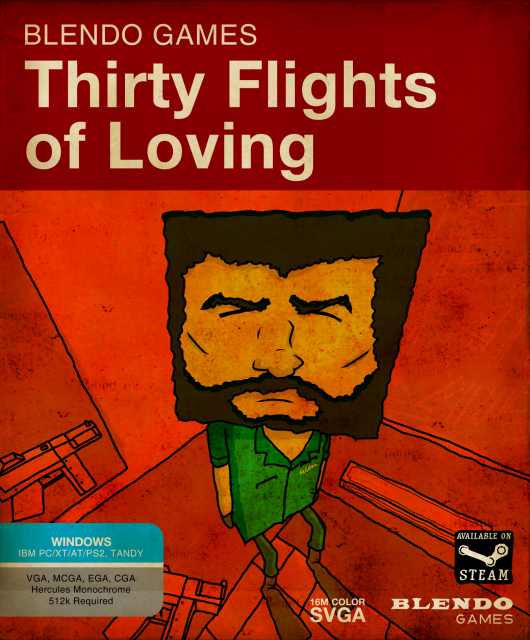
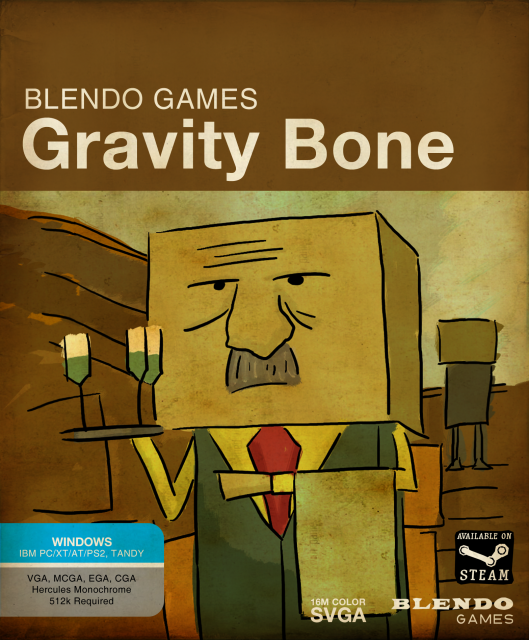


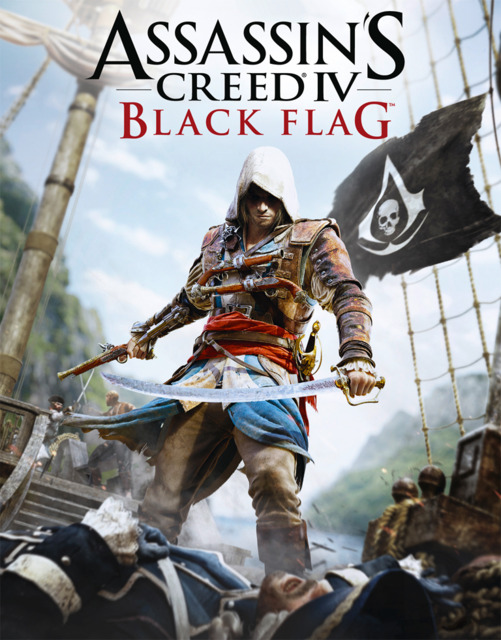
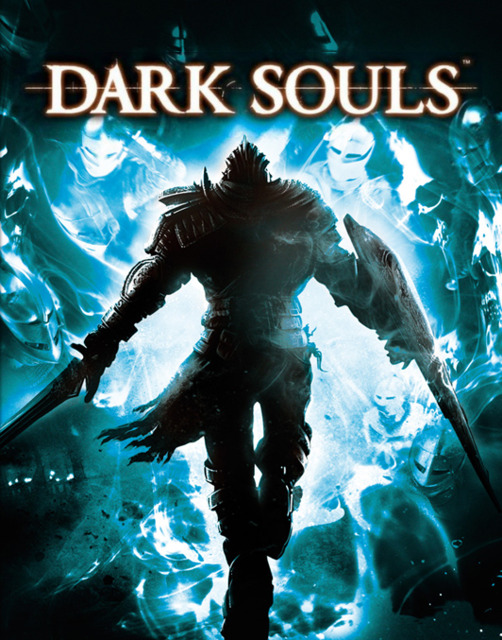
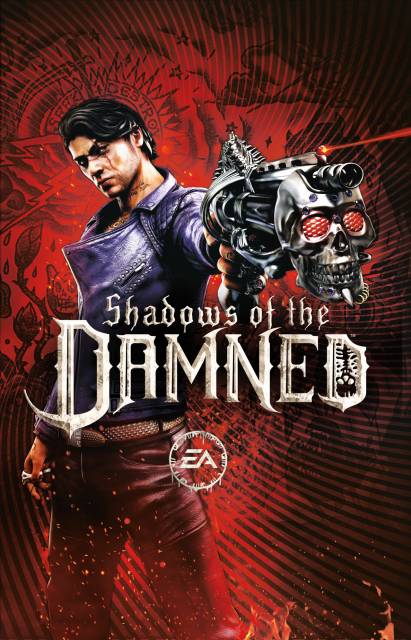
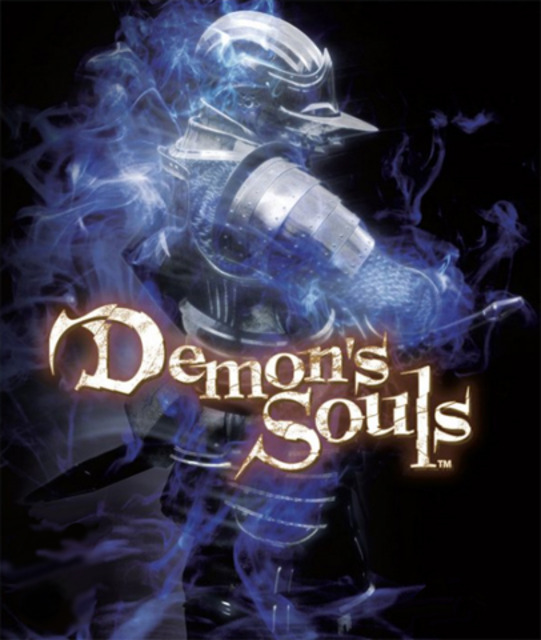

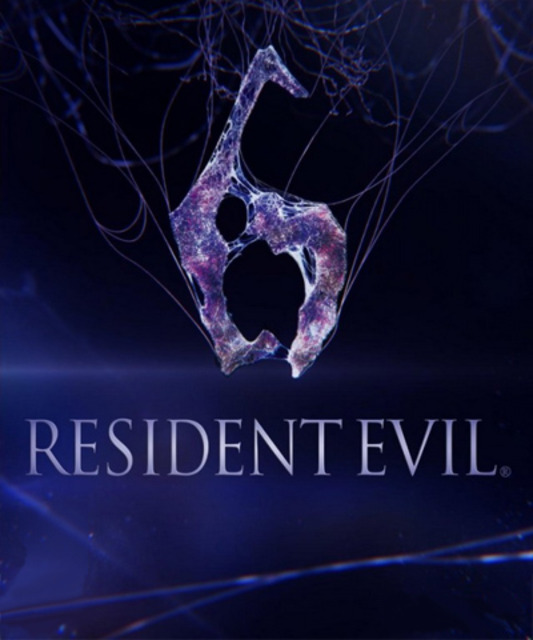
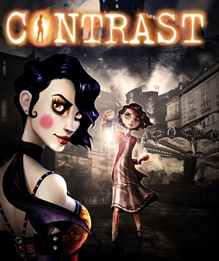
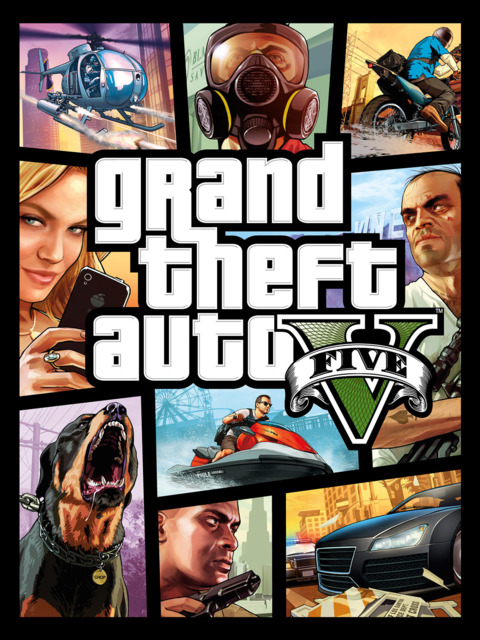
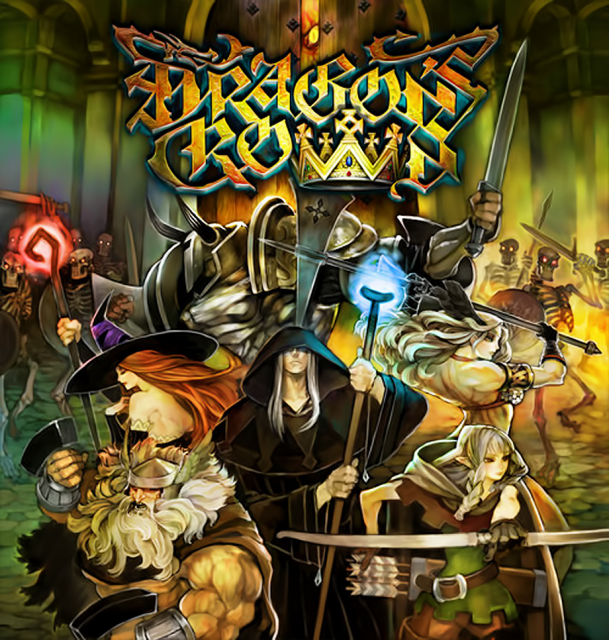
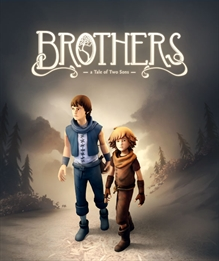
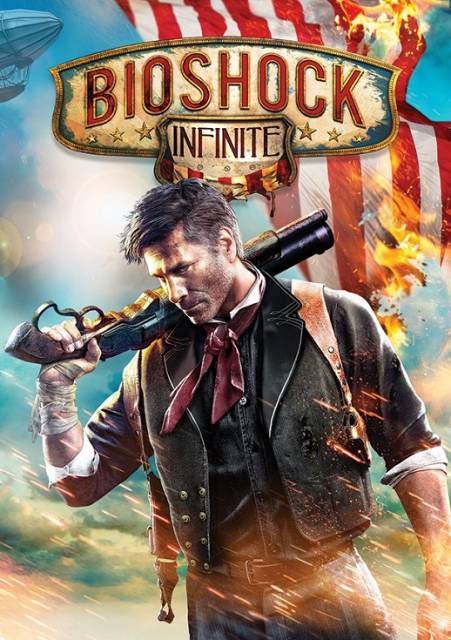
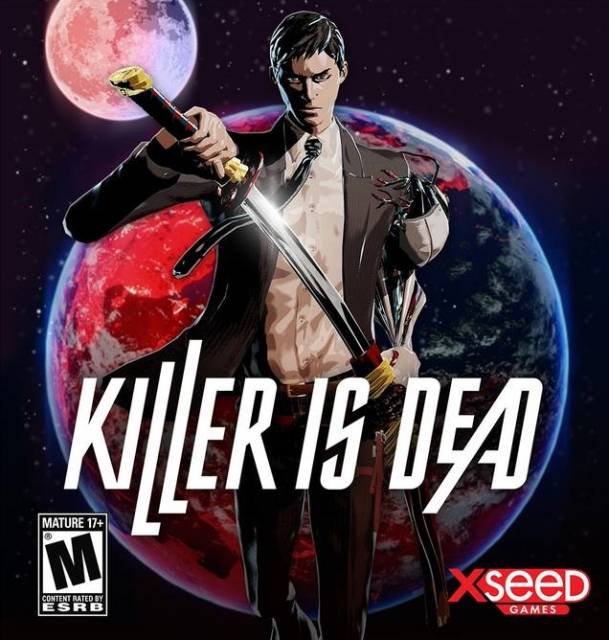

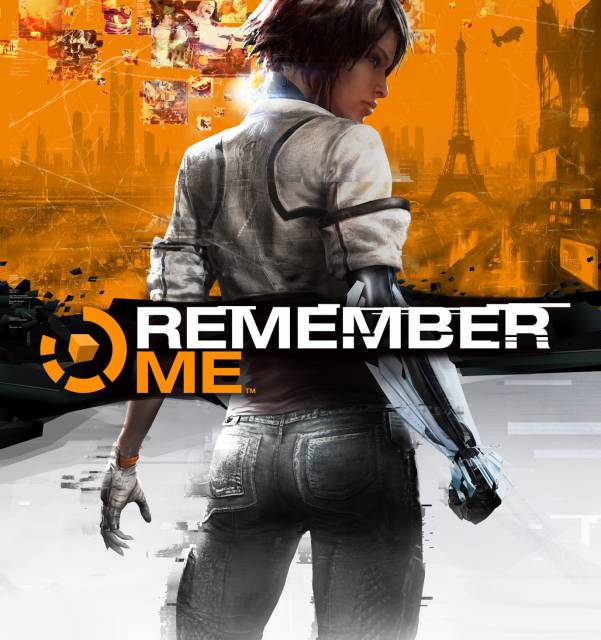
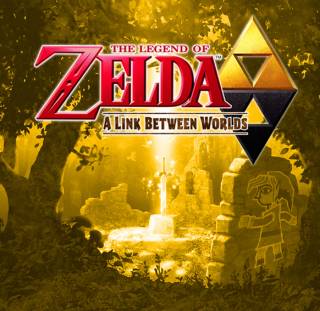
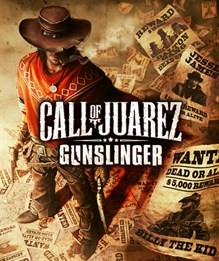
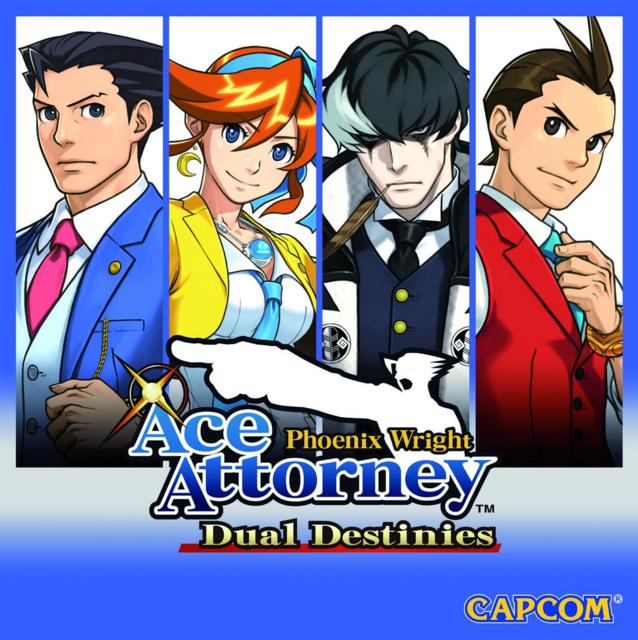
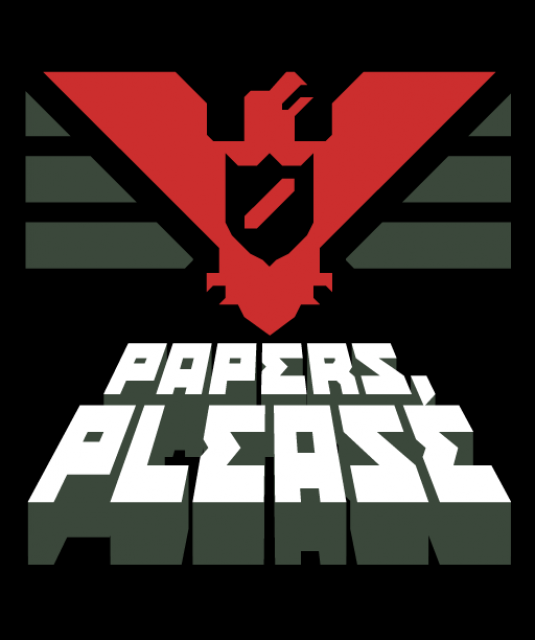
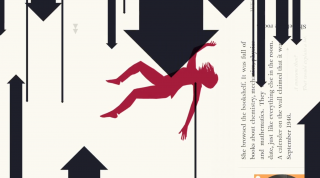
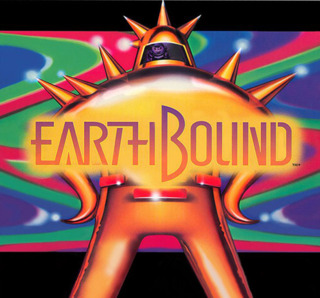
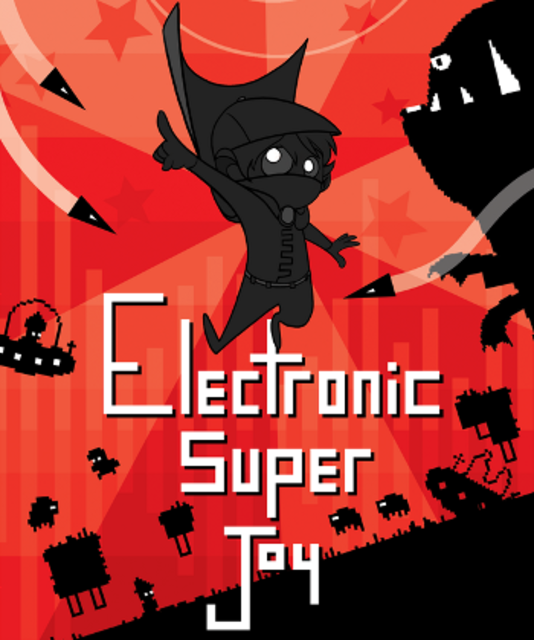
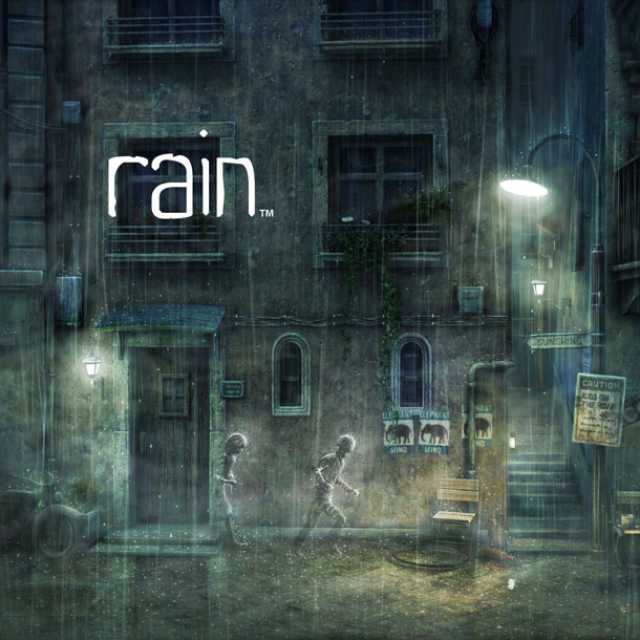
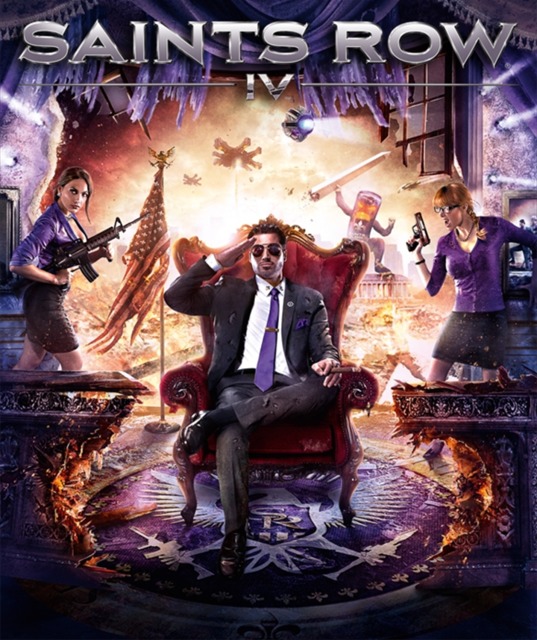
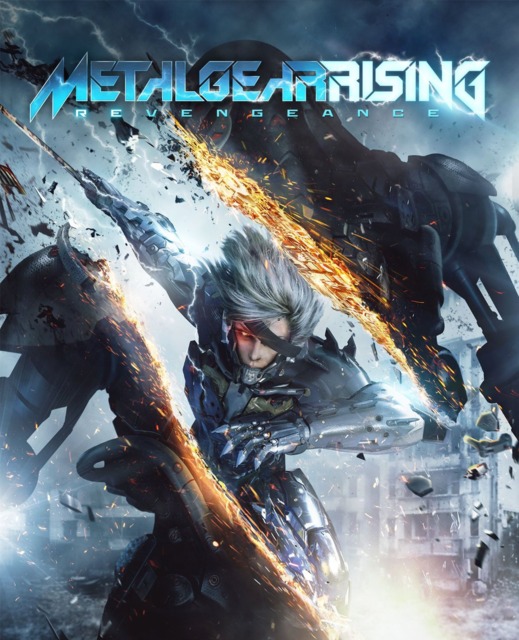
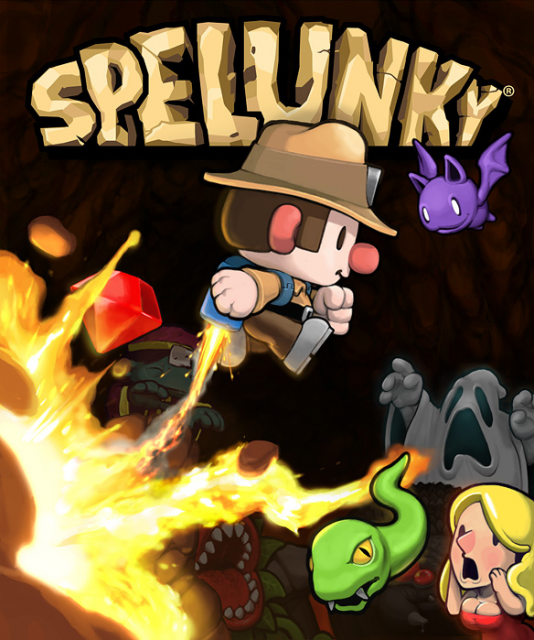
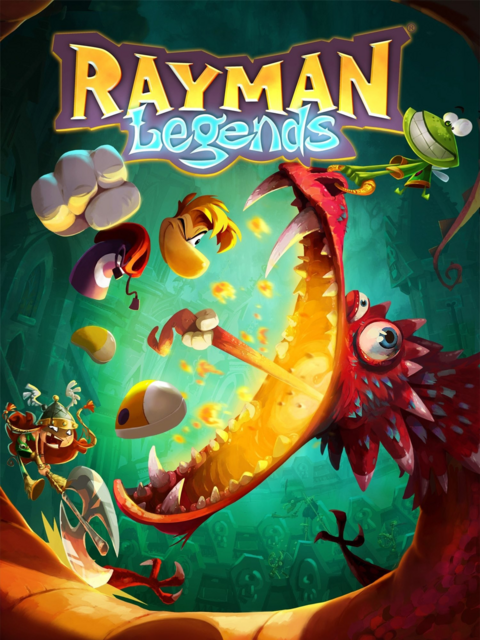
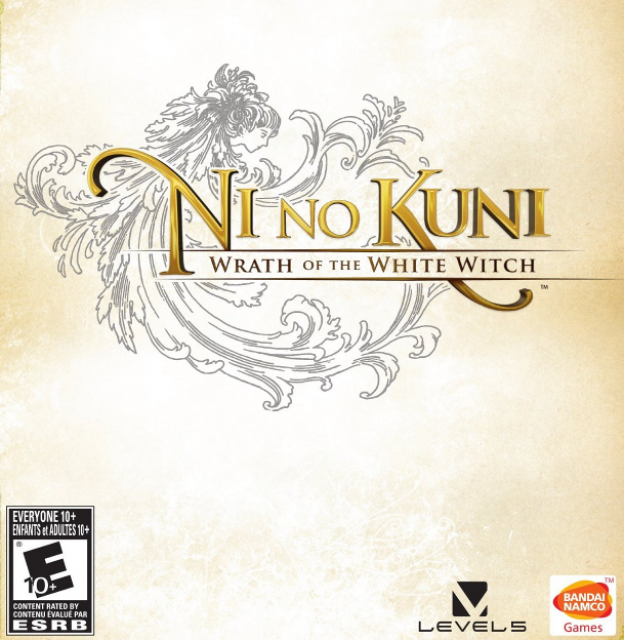
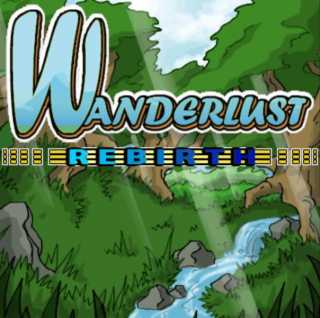
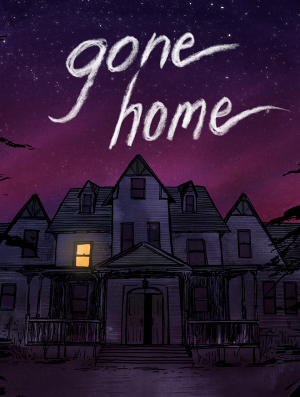
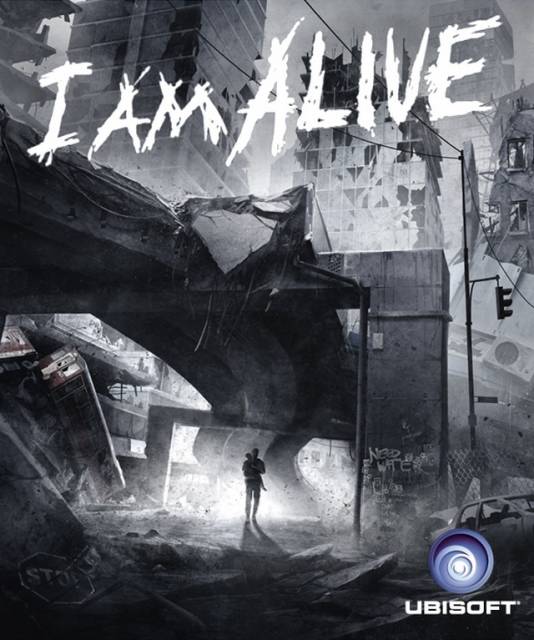
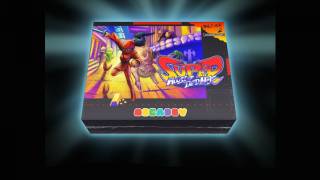
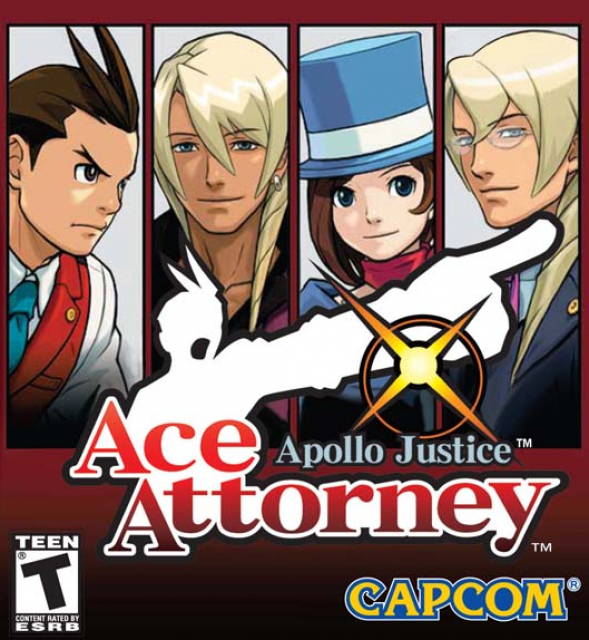
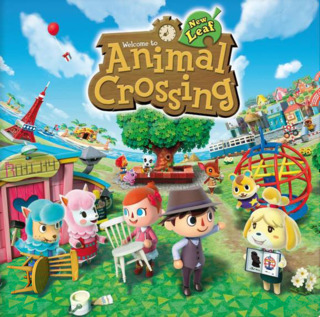
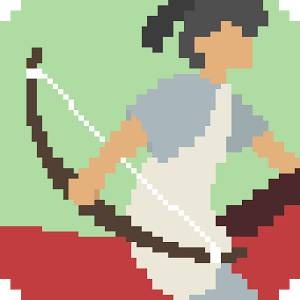
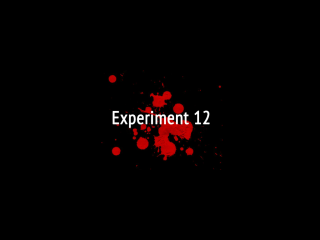
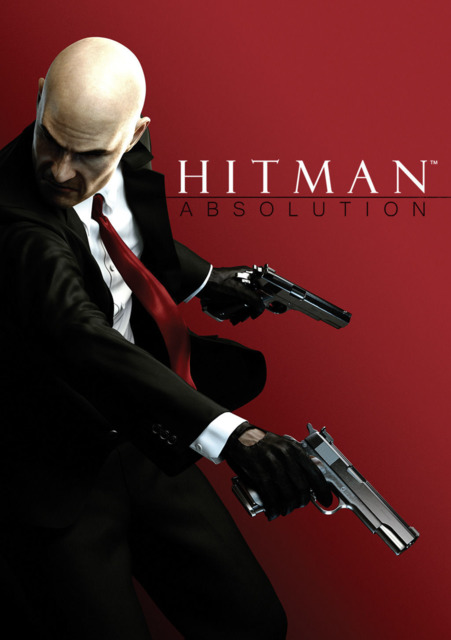
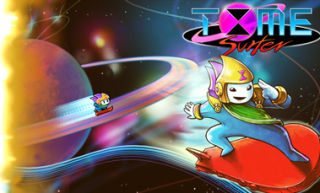

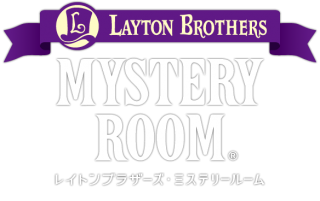

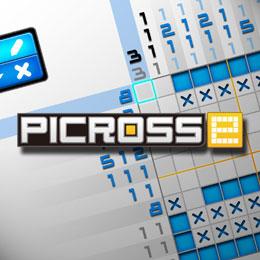
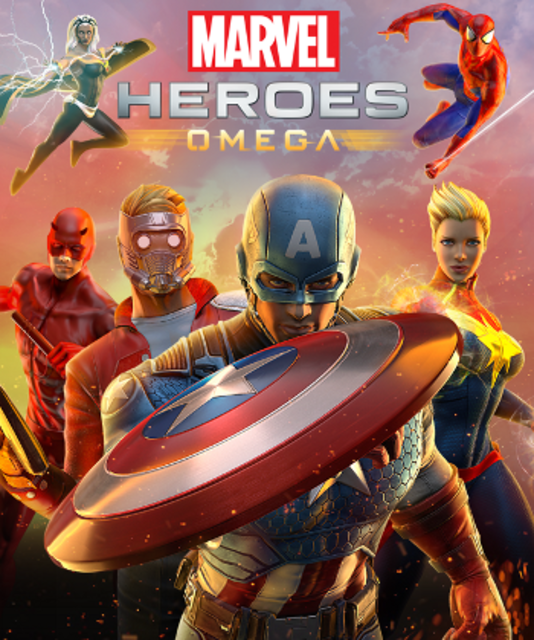
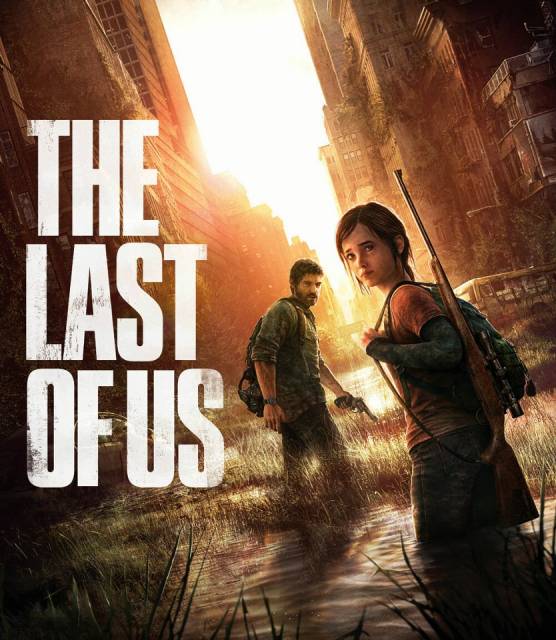
0 Comments